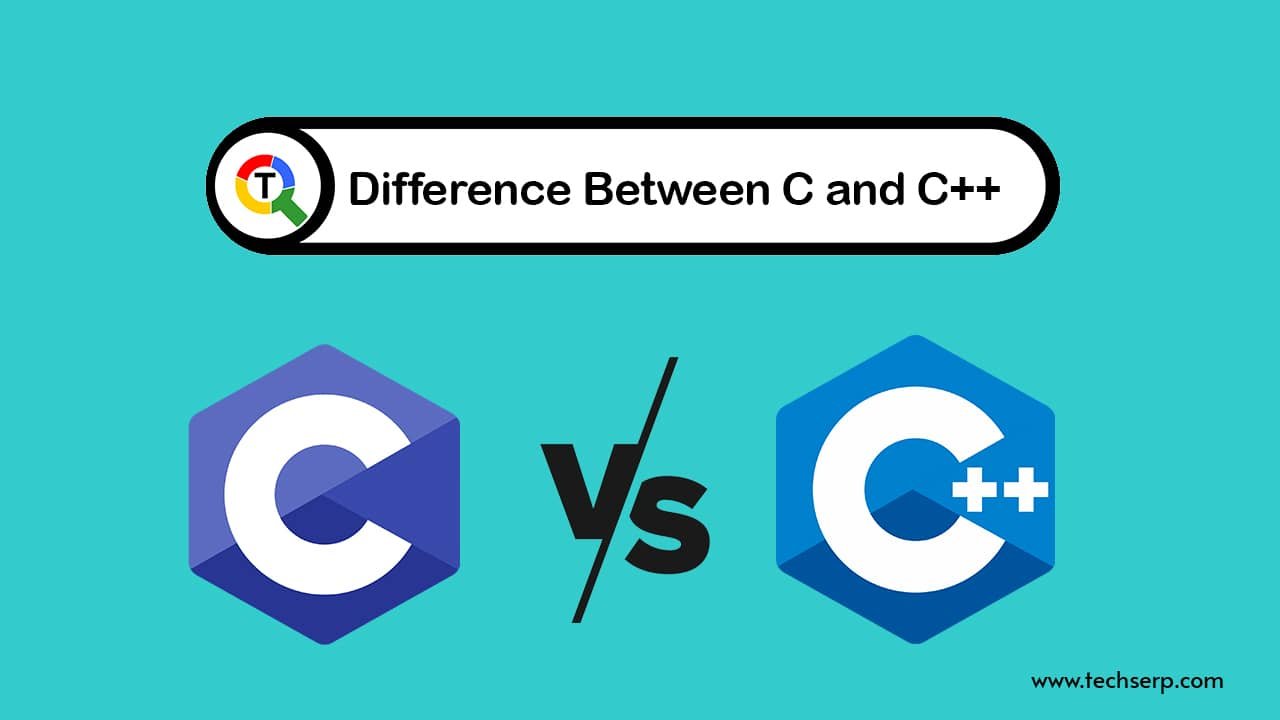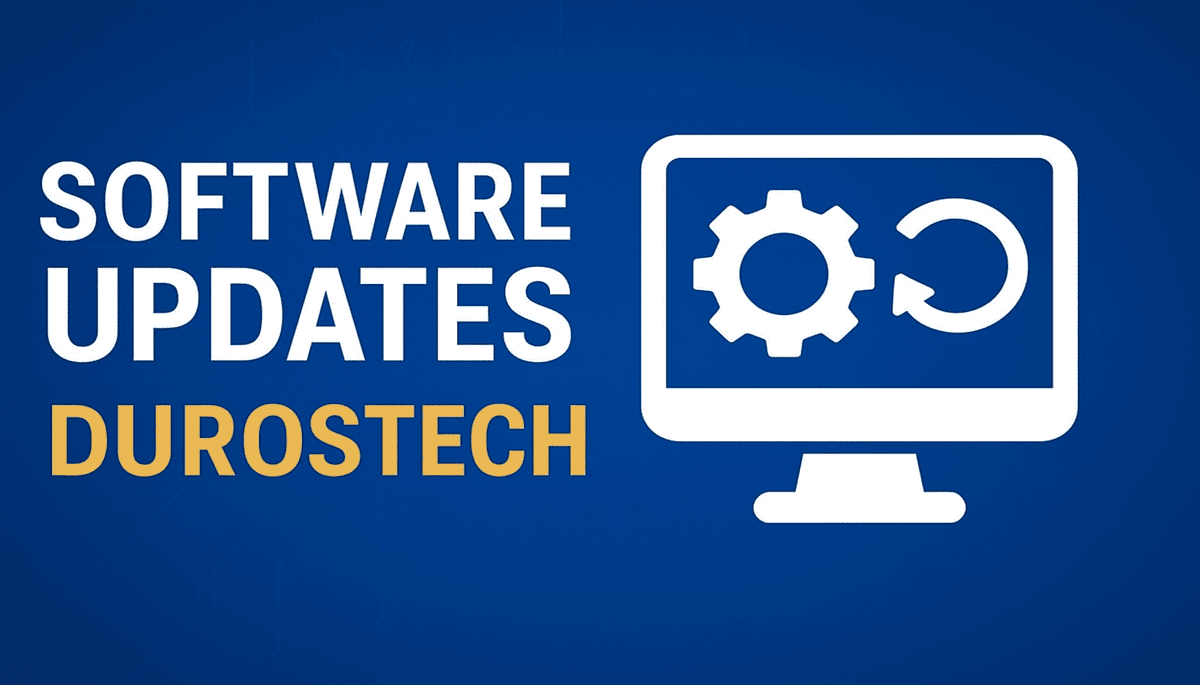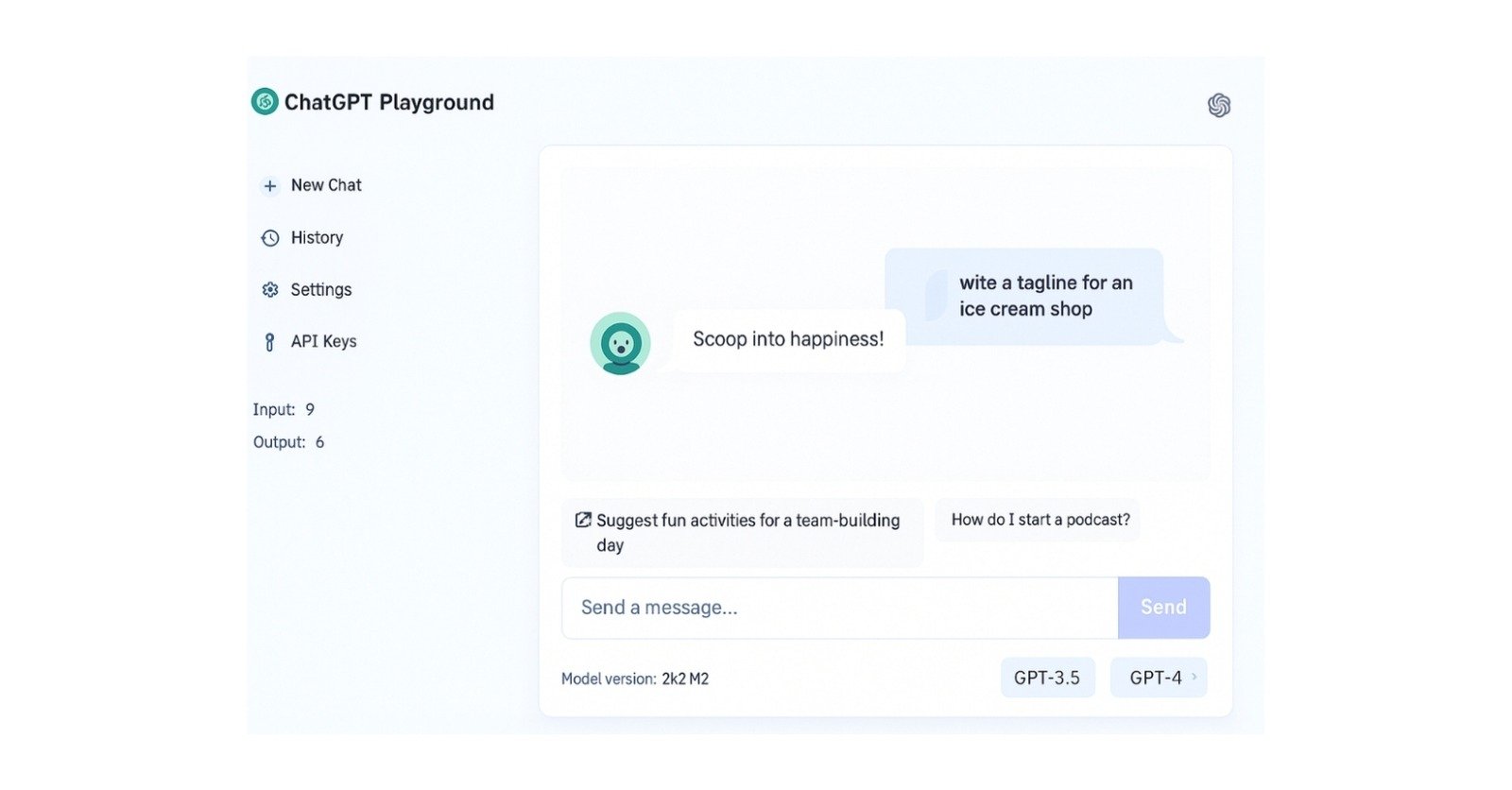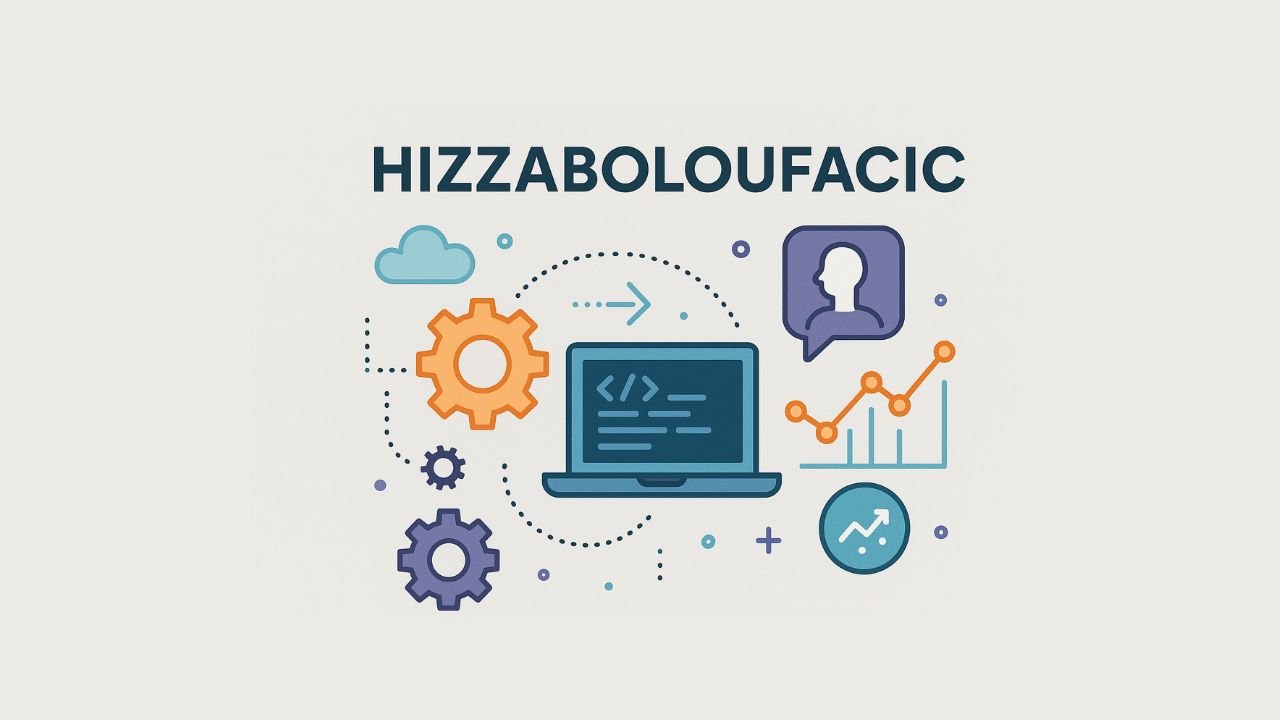Difference Between C and C++?
C++ is a superset of C.P programmers use it to create faster code. Unlike C, it has some object-oriented features. It also supports runtime type identification and garbage collection mechanisms that are not present in C++.
Bell Labs developed both C and C++ in the 1970s. The language C was originally design for a compiler. Originally, C++ known as a preprocessor.
Comparison of C Language:
- This programming language that was originally design for developing operating systems. However, since it’s so versatile (~there are more uses than just writing an OS), it soon gained popularity among application developers too. It’s popular because it’s versatile, has good performance, and is easy to learn. We have created software for Windows, OSX, Symbian, and mobile operating systems. From language compilers to the database MYSQL, we have a wide range of software you can use.
Key Elements:
These two are powerful programming languages C and C++ with their own features. Before we make any comparisons, it is important to learn the differences between them
- Simple: C programming language is a very old and well-defined programming language. It is known for simplicity and readability. The foundation for many programming languages, so many programmers find it useful to start with it to learn how to code.
- Portable: This versatile programming language can be porting to different systems. If you have code on one system, it can be transferred to new systems for updating or modifying purposes. That’s why it’s called one of the most popular computer programming languages around.
- Procedural Language: This programming language executes programs in a linear sequence. It breaks down the complex code into small blocks which provide differential functioning on minimal complexities.
- Case Sensitive: This programming language with the exact capitals. Both are treating different variables in this programming language.
- Dynamic Memory Allocation: C allows dynamic memory allocation, which means it can make space for you during runtime. This could be useful if you only need a certain amount of space but are not sure how much will be needing. Programming languages like Python allow the programmer to modify the code without having to recompile, which makes it easy for them to make changes.
- Rich Library: C has some user-defined functions that provide programmers with a simple coding experience. There are some functions within the library that cater to all needs and requirements.
- Speed: C programming can be swift and efficient, and it works faster than other languages. It is commanding that is executed directly by the computer instead of being interpreted in an environment like Java or Python, which are use when coding.
What Is C++ Language?
- It is a computer programming language that enables programmers to create complex and powerful programs.
- It was originally developed by Bjarne Stroustrup at Bell Labs in 1979 and it is standardizing by the American National Standards Institute (ANSI). The original name of the programming language was Classes.
- It is not just an extension but it is updating 3 times and is often used in computationally demanding applications. Despite the decline in popularity of this language over the years, it’s still one of the most popular programming languages both on GitHub and job-hunting sites. A huge number of global companies want developers to know this language, including Amazon, Facebook, and Google just to name a few.
Key Features:
- Static Type System: When we write this code and compile it, the resulting executable will only run if the machine is in a certain state.
- Fast and Powerful: Its design to make programming smoother and faster. And includes a wide range of functions and data types, etc., and there are some major benefits to consider for those considering this language.
- Pointers: This lets programmers refer to objects by using pointers. This utility can be quite helpful when you are dealing with lots of elaboration in your code.
- Object-Oriented Language:
- It is an extension of the earlier programming language. The core addition object-orienting programming allowed for classes and inheritance.
- Its object-orienting, which means that it is organizing around concepts related to data and objects. Objects have attributes and methods attached to them.
- Object-Oriented Programming can make coding a lot easier and more efficient. It includes concepts such as polymorphism, encapsulation, abstraction, inheritance and others. If you’re looking for a way to improve your coding skills, this might be for you!
- The concepts which Object-Oriented Programming, or OOP, includes are Polymorphism, Encapsulation, Abstraction, and Inheritance. These tools ensure code maintaining taken care of. They prevent data redundancy so different sections of the data are not duplicating in different sections of the program.
Difference Between C and C++ Languages
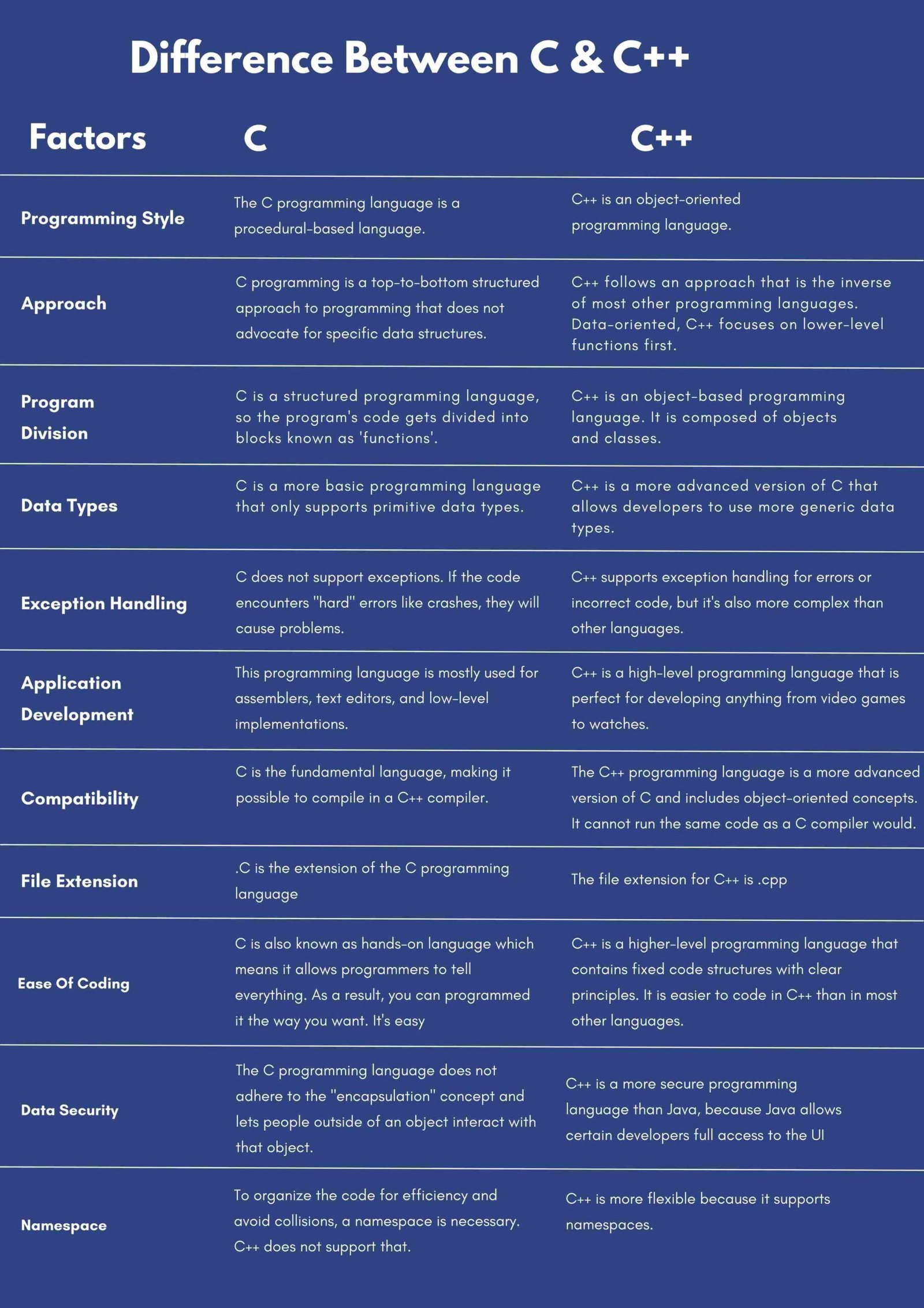
Advantages and Disadvantages:

Conclusion
As a programmer, you can choose C and C++ which programming language suits the project. The choice between two programs is up to you, and it won’t affect how well it will perform in the end.
When comparing the advantages and disadvantages of these languages there are things that seem to favor them. Both languages are suitable for different kinds of projects.
You may also read: Difference Between HTML and HTML5

